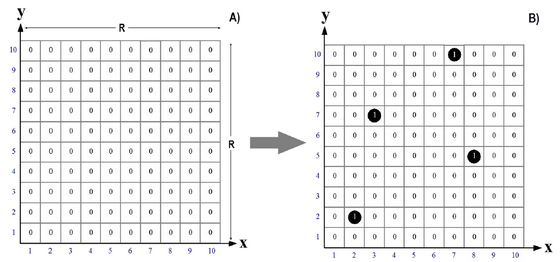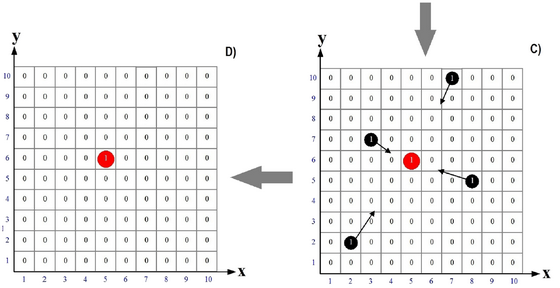Physicist claims that gravity is proof the universe is a computer simulation

Associate Professor Melvin M. Vopson of the University of Portsmouth has published a paper arguing that gravity, which we think of as the fundamental force of the universe, may not actually be a force at all, but a phenomenon resulting from the universe's efforts to make information more efficient. Associate Professor Vopson claims that this supports
Is gravity evidence of a computational universe? | AIP Advances | AIP Publishing
https://pubs.aip.org/aip/adv/article/15/4/045035/3345217/Is-gravity-evidence-of-a-computational-universe
Could gravity be evidence that the universe is a computer simulation? My new study suggests why this might be so
https://theconversation.com/could-gravity-be-evidence-that-the-universe-is-a-computer-simulation-my-new-study-suggests-why-this-might-be-so-255913
Thermodynamics, the physics that deals with the energy and heat of various objects, is based on the laws of thermodynamics. The second law of thermodynamics states that 'natural phenomena, if left unchecked, tend to increase in entropy, or disorder.'
For example, suppose you pour hot coffee into a cup. The coffee is hot immediately after pouring, but as time passes, energy flows from the hot side to the cold side, and eventually the temperature of the coffee becomes the same as room temperature. This state is the result of an increase in entropy, and is called 'reaching thermal equilibrium.'

The concept of entropy exists not only in thermodynamics but also in information theory, devised by mathematician Claude Shannon . In a 2023 paper , Associate Professor Vobson proposed the 'Second Law of Information Dynamics,' which states that 'information entropy, which indicates the disorder of information, must decrease over time or remain constant at the lowest possible level.'
This second law of information dynamics is similar to data compression in a computer, explains Associate Professor Vopson. For example, a desktop full of cluttered files has 'high information entropy.' If you compress those files into a ZIP file, it looks less cluttered and requires less information - this has 'low information entropy.' This law suggests that the universe has a similar tendency to try to make information as simple and efficient as possible.
Professor Vopson hypothesizes that space is not smooth and continuous, but is made up of a collection of tiny cells, each of which can store a single bit of information - either a 0 or a 1.
For example, Figure A (left) below shows an empty two-dimensional space in which all cells record the information '0'. This is the lowest information entropy. Figure B (right) shows four mass points placed in random positions. Cells containing mass points record the information '1', so the total amount of information increases and the information entropy is higher than Figure A.

Figure C (right) shows how the four mass points start to move from the state in Figure B towards the center of gravity. This movement, according to the second law of information dynamics, can be said to decrease the information entropy. Then, in Figure D (left), the four mass points are contained in one cell. This state is the lowest possible information entropy, and can be said to have reached equilibrium.

Professor Vopson argues that the thought experiment above shows that the force of gravity, which is the force that pulls particles together, is an 'information-entropic force' that moves the information in the universe towards a more stable and efficient state.
Furthermore, Associate Professor Vopson claims that 'the fact that gravity can be explained as a computational process of information compression is strong evidence that the universe may be a computational structure, i.e. a simulation.' In addition to interpreting that not only gravity, but also many symmetries that exist in the universe and the Pauli exclusion principle also show characteristics of computational processes, Associate Professor Vopson suggested that 'the physical laws we observe are not the fundamental forces of nature, but rather the source code or computational rules that run the giant computer that is the universe.'
Related Posts:
in Science, Posted by log1i_yk







